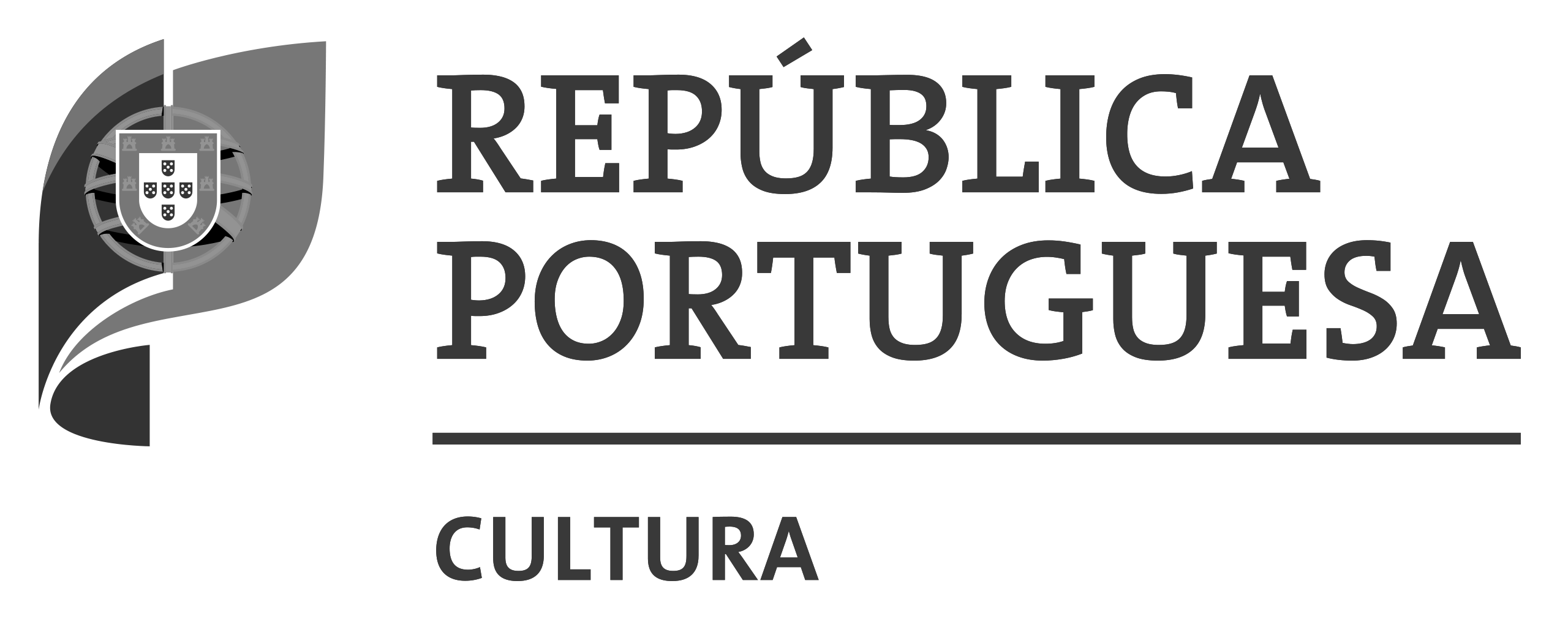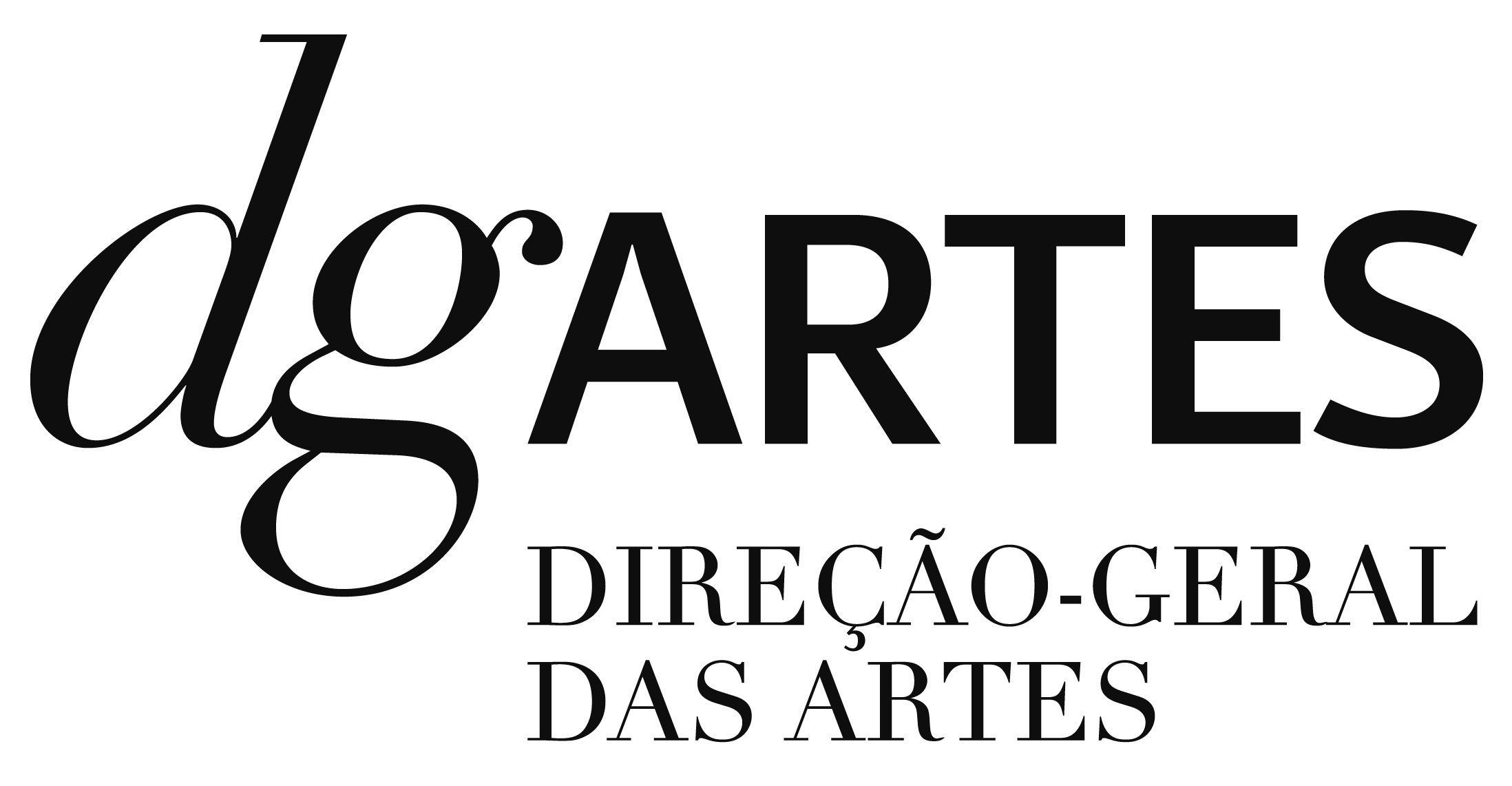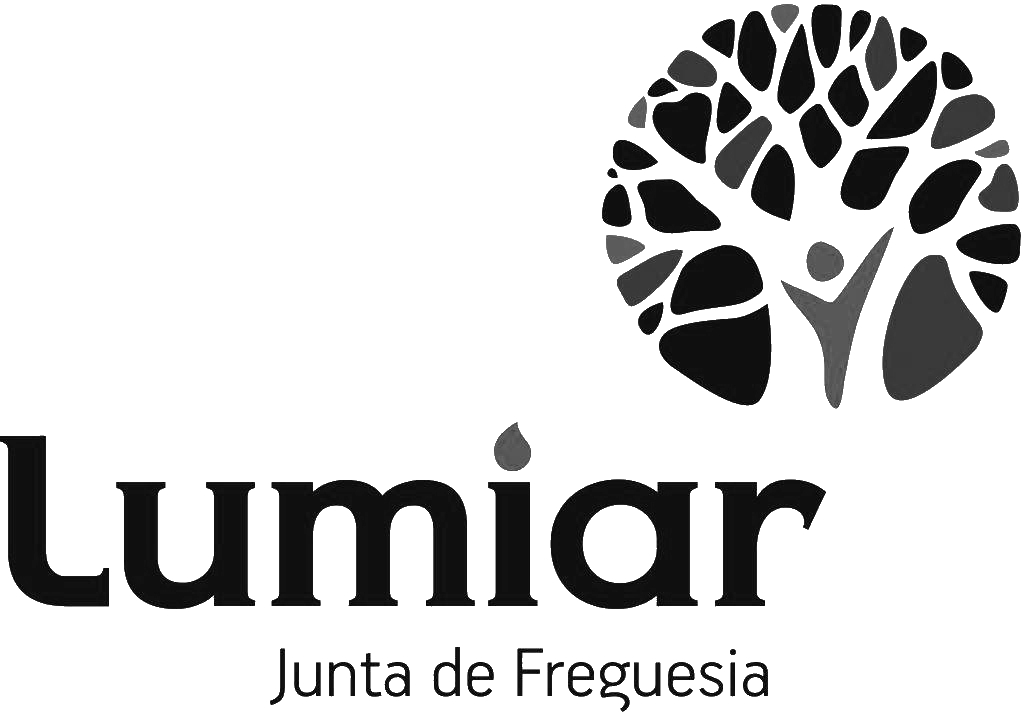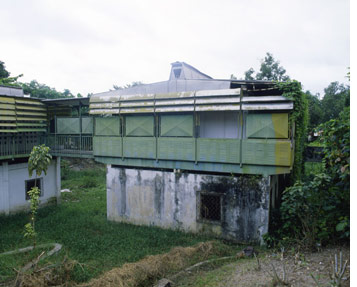
Ângela Ferreira's project Maison Tropicale, conceived for the 52nd Venice Biennale 2007 and curated by Jürgen Bock, reflects on colonial history and its contemporary, post- and neo-colonial resonances. Amidst the territorial reorganisation undertaken by the colonial powers in Africa after World War li and following a public tender process, the French Overseas Ministry, through collaboration with the designer Jean Prouvé, saw the possibility to further develop modernist ideas of conceiving a series of aesthetically sophisticated homes, that could be mass-produced and that would give people greater access to well-designed, high quality architecture based on prefabricated aluminium modules.
Prouvés ideas never took hold in Europe, but the possibility to install a large number of his houses in the African colonies led to the development of his Tropical House. Of the thousands of units originally envisaged, only three prototypes ultimately left Prouvés workshop. ln 1949, the first Tropical House was transported by plane to Niger and installed in the capital, Niamey. Two other houses were transported to the Congo and installed in Brazzaville in 195 1. With the rediscovery of Prouvés work in the 1990s, the houses also incited new interest and became part of a process of fetishisation of Prouvés productions by the design world. The three Tropical Houses were dismantled and transported back to France where they were restored and subsequently presented there and in the United States, in a new context.
This is what we know about Prouvés Tropical House, and it is at this point that the story of Ângela Ferreiras Maison Tropicale begins. The installation at the Portuguese Pavilion in Venice presented us with the displacement of Maisons Tropicales, not located in France, the United States, Niger or the Congo, transforming them into containers of history, in transit between the worlds of the colonisers and the colonised, the de-colonised and post-modern worlds with their realities of post- and / or neo-colonialism. Ângela Ferreira recreated the places where Prouvés houses were originally installed, highlighting their absence and the traces left behind, evoking the structures themselves through the sculptural objects produced by the artists modular form of architecture resulting from the accumulation of objects in a claustrophobic space and remaining permanently adrift.
Rencontres Picha. Biennale de Lubumbashi 20 / 2 / 2013 has emerged as one of the most dynamic and experimental art events on the African continent, serving as a key connection point for urban culture and visual arts, with a focus on photography. Developed in 2008 by the Picha Art Centre, it provides a platform for local artists and cultural agents from the Democratic Republic of the Congo within the framework of opportunity for international exchange and diverse social networks. The third edition explores the theme of Enthusiasm and is curated by Elvira Dyangani Ose, Curator, lnternational Art, supported by Guaranty Trust Bank at Tate Modern.
Rencontres Picha. Biennale de Lubumbashi 2012 / 2013's partners are: Gouvernment provincial du Katanga; Ville de Lubumbashi; lnstitut Français; lnstitut Français Halle de l'Etoile; Wallonie Bruxelles lnternational; Art Collaboratory (Hivos and DOEN Foundation); ALBA ASBL; Goethe lnsitute; Office for Contemporary Art; Lettera 27; Associação Maumaus - Centro de Contaminação Visual; Mondriaan Fund; Roger Ballen Foundation; Organisation lnternationale de la Francophonie; Musée National de Lubumbashi; Fonds de Promotion Culturelle; lnstitut de théologie Saint François de Sales; and Trust Merchant Bank.
Organised by Associação Maumaus - Centro de Contaminação Visual and Picha ABSL.
Maumaus
Avenida António Augusto de Aguiar, 148 - 3º C
1050-021 Lisboa, Portugal
Monday to Friday, 10h00 to 13h00,
14h30 to 19h00
Tel: + 351 21 352 11 55
maumaus@maumaus.org
Upcoming:
Manthia Diawara
AI: African Intelligence
mumok, Vienna
12.03.2026
ARTIUM museoa, Vitoria-Gasteiz
14.03.2026
The lecture will be in English. Entry is free and limited to the number of seats available.
Upcoming:
Manthia Diawara
Angela Davis: A World of Greater Freedom
Batoto Yetu Portugal, Caxias
Screening | 15.11.2025 | 14h30
The lecture will be in English. Entry is free and limited to the number of seats available.
Upcoming:
Howard Singerman
Local Art Worlds (or Imaginary Geographies with Real Effects)
Goethe-Institut, Auditorium
Seminar | 24, 25, 26.06. 11h – 13h, 14h – 16h
Registration is free but limited to the number of seats available. Please send an email with a short CV to admin@maumaus.org by 15.06.2025. Confirmation of registration will be sent by email. The seminar will be in English.
Lumiar Cité
Rua Tomás del Negro, 8A
1750-105 Lisboa, Portugal
Wednesday to Sunday, 15h00 to 19h00
or by appointment.
Tel: + 351 21 755 15 70
lumiar.cite@maumaus.org

Maumaus/Lumiar Cité is funded by República Portuguesa – Cultura, Juventude e Desporto/Direção-Geral das Artes. With the support of Câmara Municipal de Lisboa and Junta de Freguesia do Lumiar.







